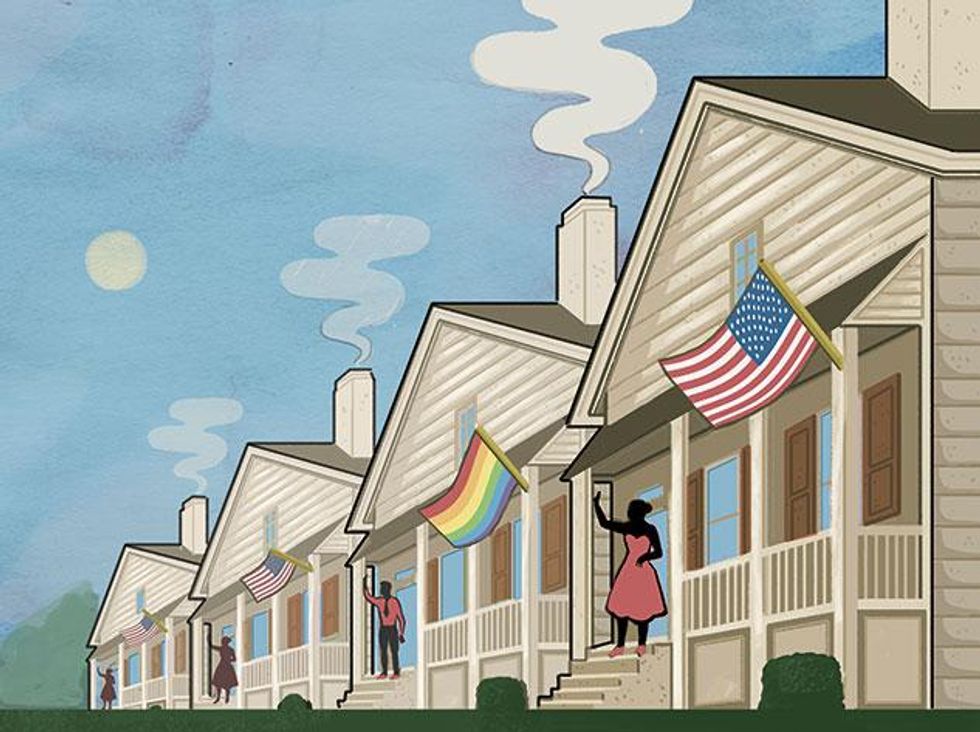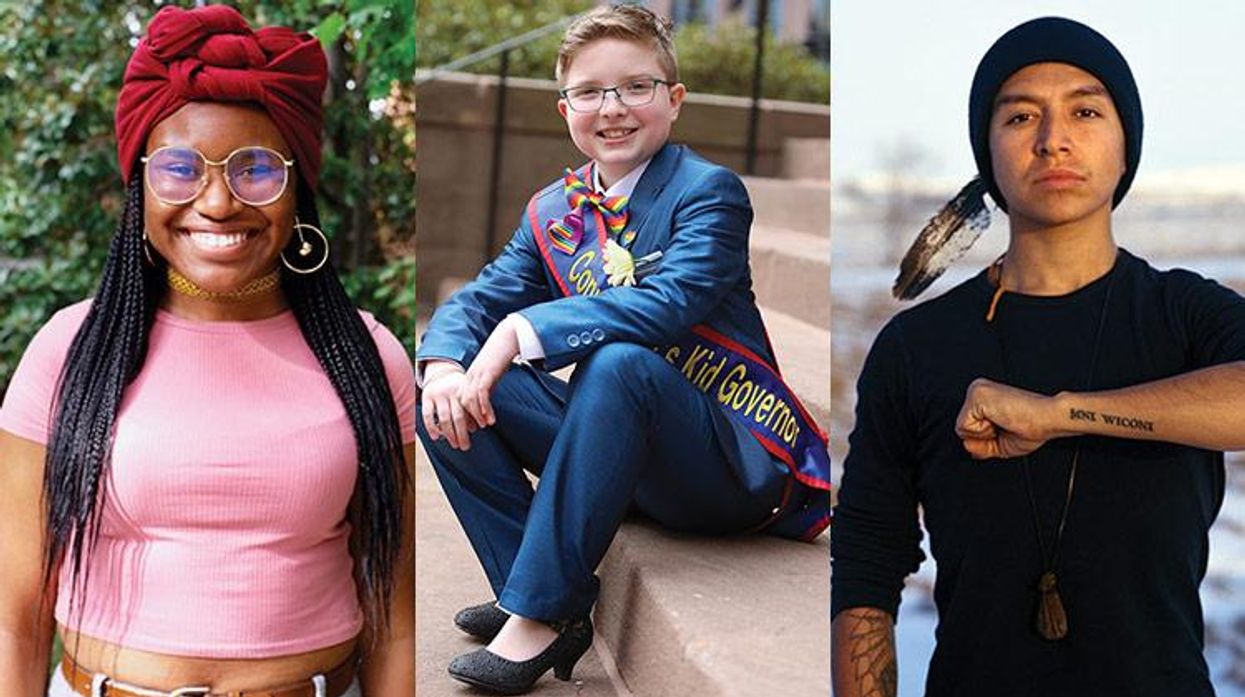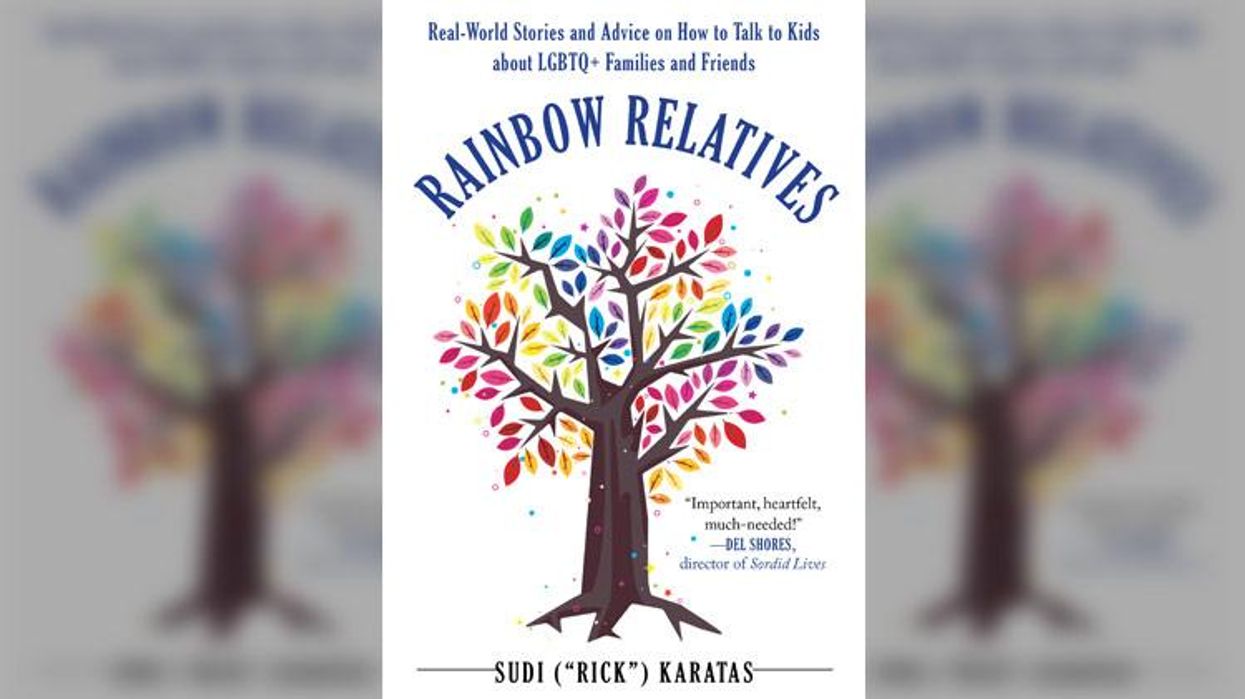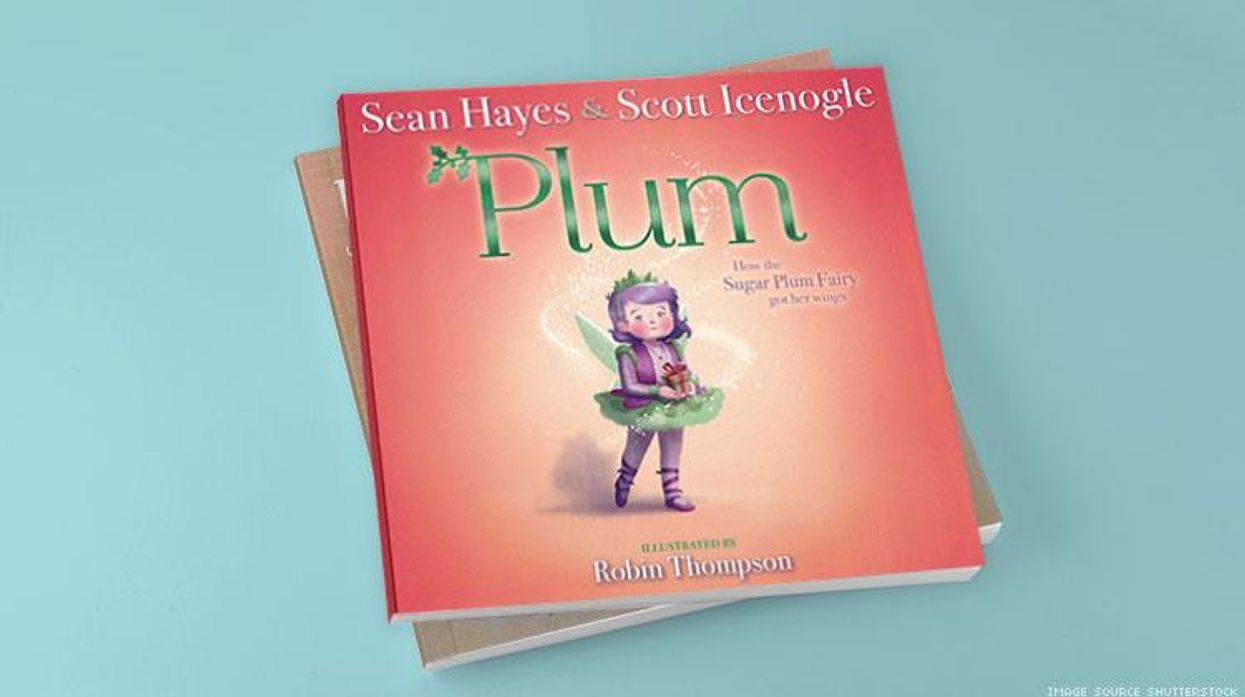In an ironic twist of fate, the two issues our community has fought most ferociously for are the last two things I'd ever want for myself. A perennial bachelor, I was always horrified by the idea of marriage (and always used my gayness as a convenient excuse for not being hitched). And being in the military? I'd sooner chew on cut glass after a lengthy visit to Chick-fil-A. I remember a co-employee years ago who told me he'd pretended to be gay to get out of the military. Now we were fighting to be able to be out and proud and holding a machine gun! (We won the right in 2011, when "don't ask, don't tell" was finally repealed.)
Writer-wit Fran Lebowitz echoed some of my thoughts when she addressed gay assimilation in her 2010 HBO show Public Speaking and said there are some benefits to being marginalized, especially when you consider the dubious steps forward we were taking. "Do I think gay marriage is progress?" Lebowitz said, with arched eyebrow. "Are you kidding me? This was one of the good things about being gay," she added, meaning the fact that you didn't have marriage.
"I am stunned," she went on, "that the two greatest desires, apparently, of people involved in the gay rights movement are gay marriage and gays in the military. Really? To me, it seems like these are the two most confining institutions on the planet. Why would you be beating down the doors to get in? Usually, a fight for freedom is a fight for freedom. This is like the opposite -- this is like a fight for slavery."
Of course a few provisos are in order here. First of all, Lebowitz has hardly been a trailblazing, out force in the culture, so her words should be taken with a grain of closet dust. Secondly, she means what she says but intones it with a sardonic edge, being first and foremost a humorist, after all. And finally, Lebowitz adds that, naturally, she'd vote for the very issues she makes fun of because it's important that other people in the community (who want them) get them.
So would I! I want them too -- for everyone else. I recognize how vital they are as linchpins of our movement, as symbols of the need to get the same rights nongays have always had. (And marriage is not just a symbolic gesture; it affords you real rights when it comes to your partnership, rights that are important to put on paper.) But those two issues shouldn't be the whole movement. There are so many other things to fight for, from protection against hate crimes to safeguards in the workplace to the proper color scheme for the bedroom, for God's sake. And now that all 50 states now have full marriage equality, we threaten to become as safe and banal and mundane as some of our straight counterparts. We now embody the same values a lot of gays used to spend their time conscientiously running away from!
Mind you, it's been inspiring for me to see how institutionalized changes in our society have made us more embraced and supported. I never thought we'd have gay TV shows, an out lesbian senator (Wisconsin's Tammy Baldwin), and out trans celebrities like Laverne Cox and Caitlyn Jenner opening people's eyes and minds. This is all wonderful -- but is there a price for it? With all this progress, don't we lose the chance to be avant-garde and a little dangerous? With the underground subsumed into the mainstream and gays all striving to behave well proving we've earned the right to marriage and parenthood, some of our edge has surely fallen off the edge.
When I came out way back in the 1970s, the big rights topics weren't even on the table yet, and since they weren't really percolating that heavily in our minds, it was fabulous to be gay and relatively carefree. Disco was the prevalent form of nightlife, and we ruled the clubs with fashion, expert dancing, and constant hooking up (in person). And going to gay house parties in Manhattan was like coming upon an exciting subculture full of cultured professionals in the prime of their lives, letting it rip with elan and very little self-consciousness. We weren't worried about picking the kids up from school every day or earning enough to support five people with our paycheck. We were just living our lives, and as such, we were appreciated by a lot of the straight mainstream, who found us radioactively creative and thrillingly different. There was a titillating subversion to being gay, and it's possible that gave us a little more heart too. Being marginalized, we had more connection with one another, as well as compassion for other marginalized groups. Believe me, I'm not saying I'm sorry I missed out on the pre-Stonewall 1960s, when you could be arrested for holding a guy's hand in public, but I do miss the '70s, when we were perched between the underground status of the past and the accepted state of the future, placed in a glittery limbo where "gay" equaled "fun" way more than it does today.
No, we didn't have a lot of positive representation in the media, but in a way, it was character-building to be an outsider, to be in a community that grew in stature because we were in some ways treated as second class and had to work harder to gain recognition. Faced with the unusual situation of being oppressed yet coveted, we excelled, dressed up, and flamed around with pride that came from within, not outside. As a result, there was room for "screaming queens" and other entertainingly outrageous types because we weren't all auditioning to be Father of the Year or to be sent overseas to fight a war!
All that being said, I have to admit that I'd gladly sacrifice my avant-garde status in order to have equal rights for my brothers and sisters. No one can force me to get married -- or go to the Middle East -- but if they want to do so, I'm with them. And if I still long for the days when we were sexy outcasts, I can just stay home with my clippings, Norma Desmond-style, and live in the past. Besides, my wacky viewpoints and offbeat persona haven't really changed that much, so I get to enjoy both worlds -- I'm still the '70s outcast but blessed with today's copious rights possibilities. Feel free to join me in this enchanted state. Get married, but stay emotionally on the margins, OK? But don't get divorced -- that's the ultimate straight activity.
Michael Musto Is Never Getting Married
It's a wonderful thing to have marriage equality, the writer contends, but you can leave him out of the archaic institution.
















